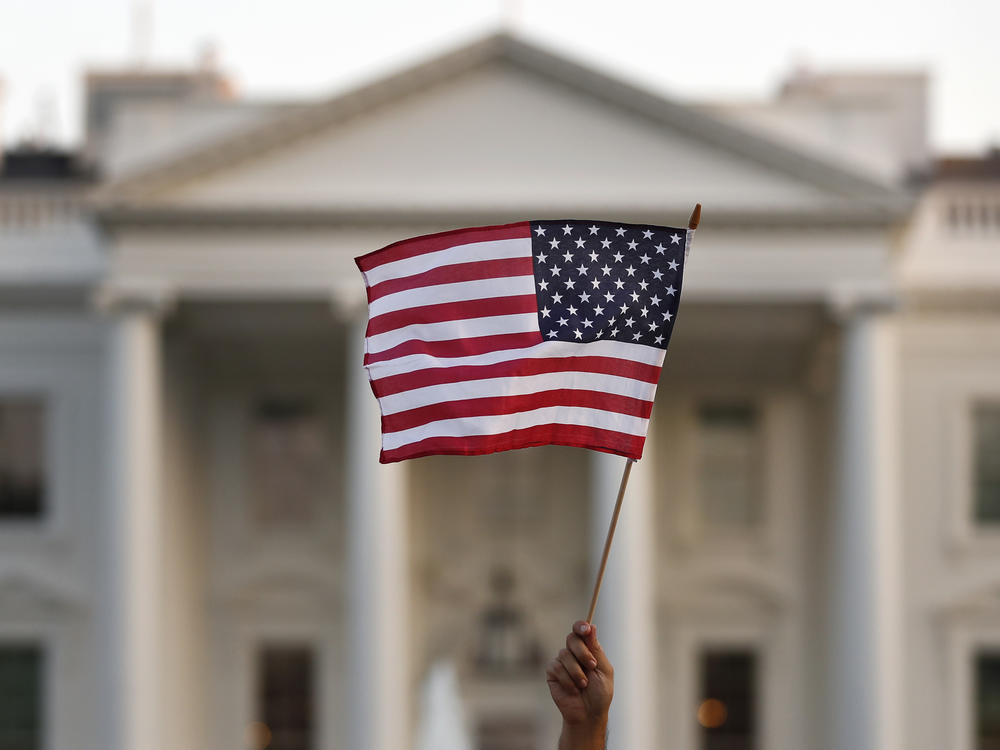Section Branding
Header Content
Biden Reopens Gateway For Green Cards And Work Visas, Reversing Trump COVID-19 Freeze
Primary Content
President Biden on Wednesday revoked a freeze that his predecessor had put on many types of visas due to the COVID-19 pandemic, saying the order did not advance U.S. interests and hurt industries and individuals alike.
"It harms the United States, including by preventing certain family members of United States citizens and lawful permanent residents from joining their families here," Biden said in a proclamation revoking the measure.
Former President Donald Trump had frozen "green cards" for new immigrants and halted temporary work visas for skilled workers, managers and au pairs in the H-1B, H-4, H-2B, L-1 and J categories, he said to protect jobs. He argued that the dramatic clampdown on legal immigration was vital to safeguarding the U.S. labor market during the pandemic.
But on Wednesday Biden said the earlier policy has prevented qualified and eligible non-U.S. residents from entering the country, "resulting, in some cases, in the delay and possible forfeiture of their opportunity ... and to realize their dreams in the United States."
The reversal by the new administration means that hundreds of thousands of foreigners, who had expected to wait until the end of March for the chance to apply for the coveted visas, can do so immediately.
American tech companies use H-1B visas, which have long been considered controversial, to hire highly skilled workers outside of the nation's borders, including engineers, IT specialists and architects. Their justification is that the companies claim there is a shortage of U.S.-resident talent. The visas are good for three years and can be renewed for a second three-year term. Prior to the shutdown, about 65,000 of the visas were issued each year.
Critics say they serve as loopholes for businesses seeking to undercut American salaries because companies can pay foreign workers less.
The halt was first enacted by Trump in June as an extension of the 2017 "Buy American, Hire American" executive order and was twice extended amid significant opposition from business groups. The U.S. Chamber of Commerce and National Associations of Manufacturers both filed lawsuits against the administration saying the policy was detrimental to the country's economic interests.
Copyright 2021 NPR. To see more, visit https://www.npr.org.

